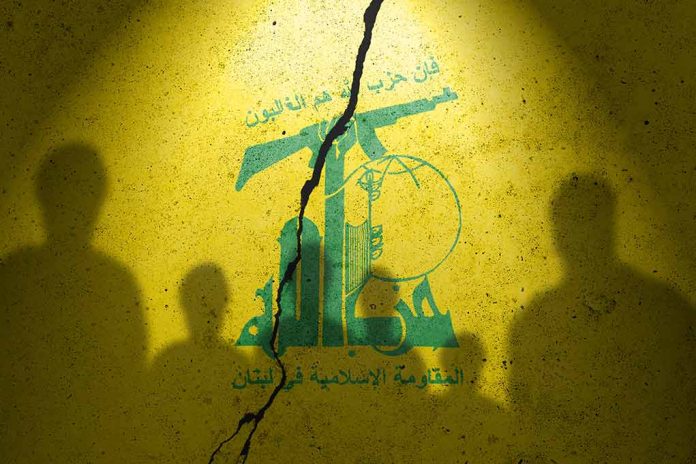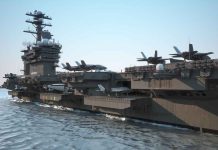
Hezbollah retaliated with a barrage of 140 rockets into northern Israel after recent IDF airstrikes in southern Lebanon.
At a Glance
- Hezbollah launched 140 rockets into northern Israel on Friday.
- The attack followed a vow of revenge by Hezbollah leader Hassan Nasrallah.
- Rockets targeted Israeli air defense bases and armored brigade headquarters.
- Israel conducted a targeted strike on Beirut, killing a Hezbollah leader.
Hezbollah’s Response
Hezbollah launched 140 rockets into northern Israel on Friday in retaliation for Israeli airstrikes conducted the day before. According to the Israel Defense Forces (IDF), this barrage specifically targeted air defense bases and the headquarters of an Israeli armored brigade. This action follows a vow of revenge by Hezbollah leader Hassan Nasrallah and is seen as a significant escalation in the ongoing conflict.
The rocket attacks, which came in three waves, targeted positions along Israel’s northern frontier with Lebanon. Hezbollah claimed responsibility, reporting that they struck multiple sites, including a key Israeli air defense base and the headquarters of an Israeli armored brigade. This latest volley of rockets underscores the persistent and escalating cycle of violence between Israel and Hezbollah.
Israel’s Retaliatory Strike on Beirut
In response, Israel conducted a targeted strike on Beirut, particularly in areas known to house Hezbollah’s infrastructure. The airstrike killed Ibrahim Akil, a senior Hezbollah military official. This attack flattened two apartment buildings and resulted in the deaths of at least nine people, with nearly 60 more wounded.
Lebanon’s local news networks broadcast footage of the disaster, showing first responders searching through the rubble for survivors. This is considered one of the deadliest Israeli attacks on Beirut since the 2006 war. During the Beirut strike, Israel aimed to dismantle Hezbollah’s communication systems, which resulted in explosions that killed at least 14 people and injured over 400.
International Reactions and Broader Implications
Tensions in the Middle East remain at a high, exacerbated by the ongoing Israel-Hamas conflict in Gaza. U.S. Secretary of State Antony Blinken has expressed grave concerns over these recent escalations, fearing that these actions risk undermining international ceasefire efforts and could lead to a broader regional conflict.
“We are facing all the risks of an all-out regional conflict,” he cautioned, during an interview with The Times, describing Hezbollah as a “formidable fighting force” and urging Israel to learn from its “humiliating” defeats in the past.
United Nations peacekeeping forces in southern Lebanon have urged all parties for de-escalation to prevent further loss of life and property. Yet, as the cycle of retaliations continues to spin, the region remains on edge, with no immediate signs of a peaceful resolution in sight.
Since then, Israel has launched a series of strikes against Lebanon, raising the death toll there to at least 350 as of this writing.
Sources:
- Hezbollah Pounds Israel with 140 Rockets
- Israel says it killed a top Hezbollah official in ‘targeted’ Beirut strike after group vowed revenge for device blasts
- Hezbollah hits northern Israel with 140 rockets
- Israel says its strike on Beirut killed top Hezbollah military official as Lebanon reports 12 died
- Israel says its strike on Beirut killed top Hezbollah official
- Israel carries out strike in Beirut suburb targeting key Hezbollah leader, military says
- Israel-Hamas war latest: Israel strikes Beirut after Hezbollah rockets land in northern Israel















